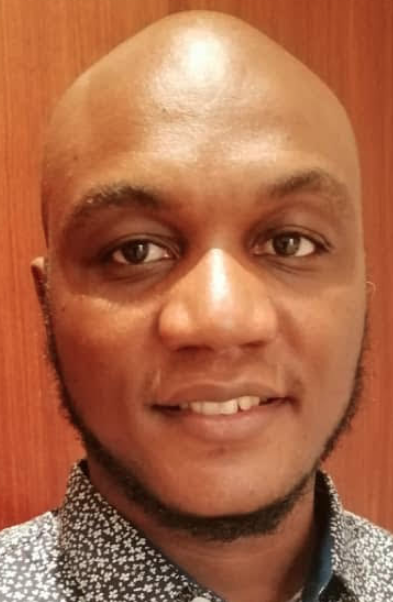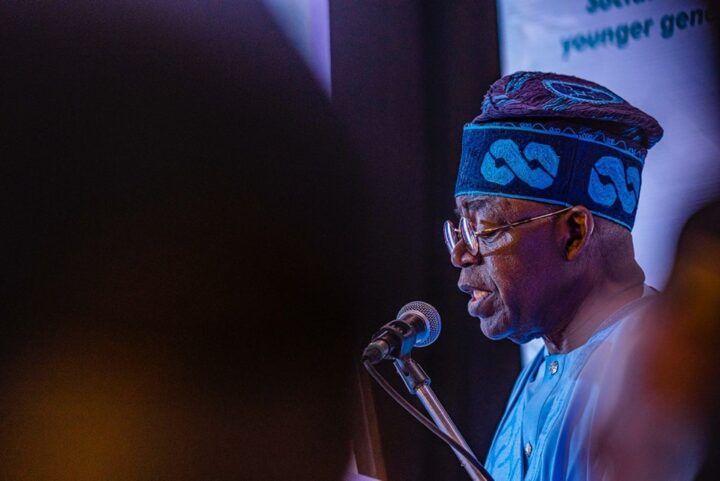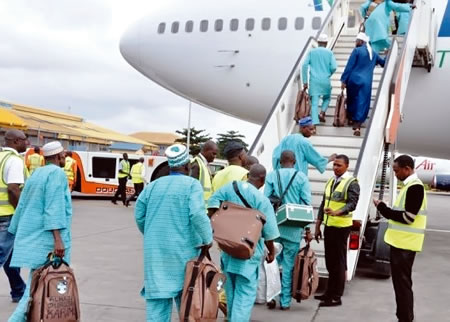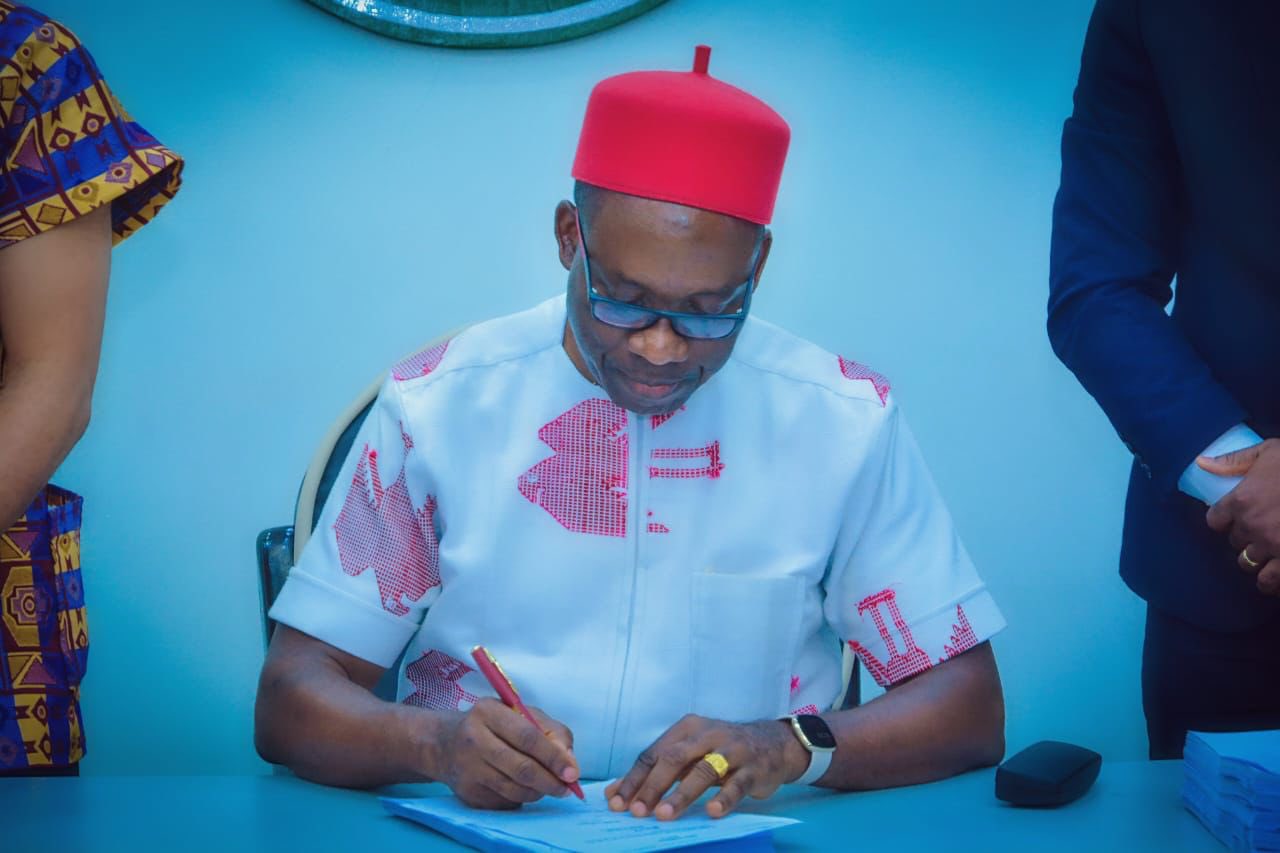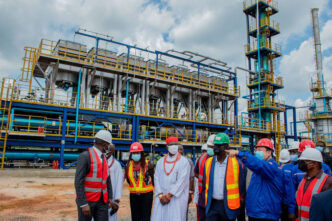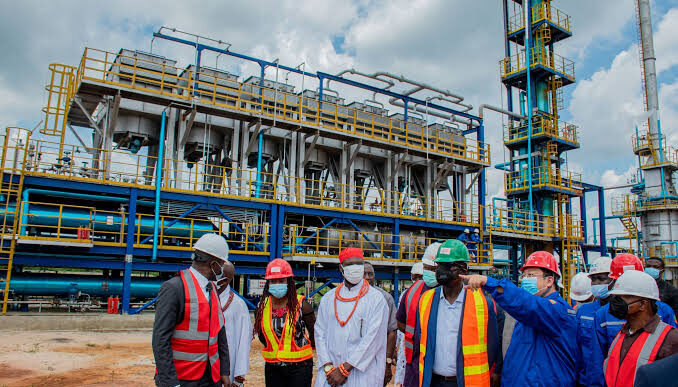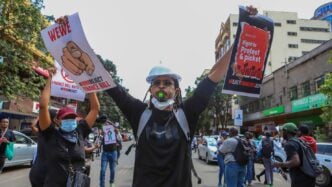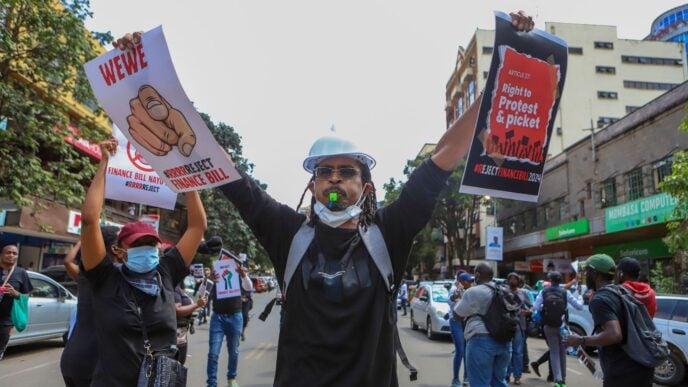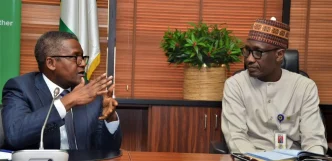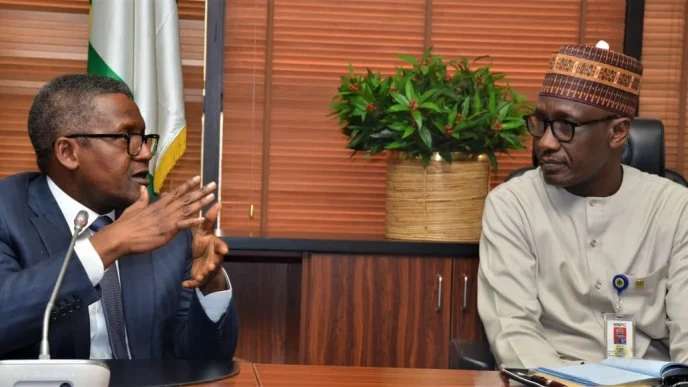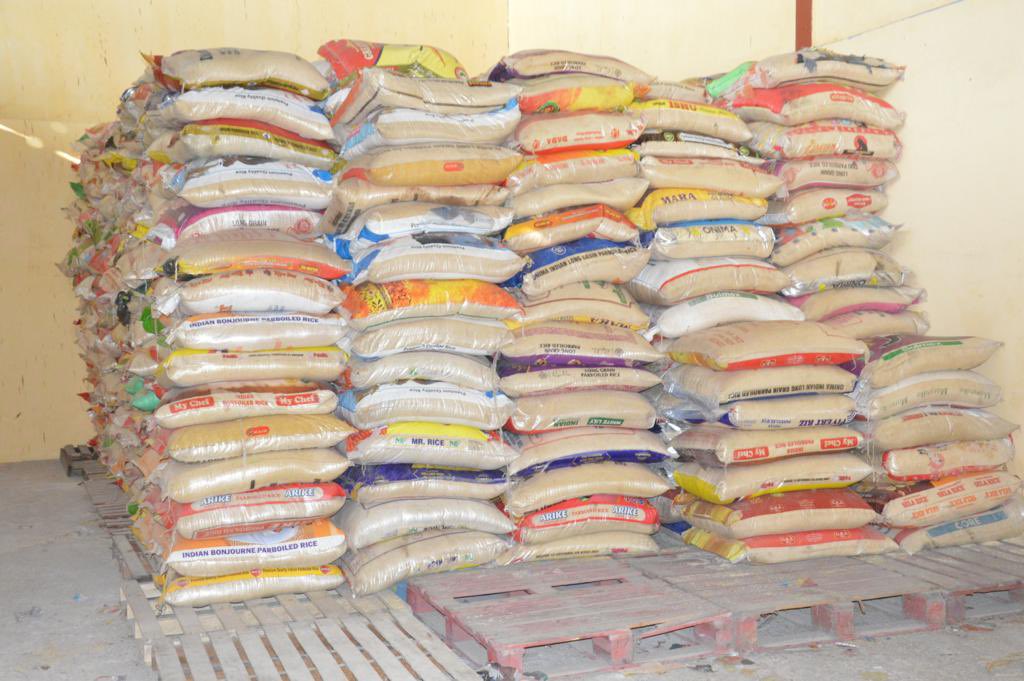President Bola Tinubu’s declaration that he has “no cabal” or “sponsors” to compensate is music to the ears of many Nigerians. But as someone who has observed Nigerian politics for decades, I can’t help but raise an eyebrow.
We’ve heard similar proclamations before, only to watch as shadowy figures emerge from the woodwork, pulling strings behind the scenes. Let’s hope Tinubu can walk the talk, but I won’t be holding my breath.
The president’s assertion that his electoral victory was divinely ordained adds an interesting twist to the narrative. “Allah, the Almighty God, said I will be the president,” he proclaimed to a delegation of Islamic leaders.
Divine intervention is all well and good, Mr. President, but I suspect it will take more than celestial backing to navigate the stormy seas ahead.
Advertisement
Tinubu’s economic strategy seems to be a mix of quick fixes and long-term plans. Student loans, consumer credit schemes, increased minimum wage – it all sounds good on paper. But we’ve been down this road before, haven’t we? How many times have we seen well-intentioned policies crumble under the weight of poor implementation and corruption?
I’ll give credit where it’s due: at least Tinubu seems to recognise the urgency of the situation. But recognising a problem and solving it are two very different things.
The spectre of protests looms large over the administration, and Tinubu’s response has been… interesting, to say the least. His remarks about protest sponsors with “alternative passports” holding virtual meetings abroad have gotten previous administrations into hot water.
Advertisement
Yes, there are legitimate concerns about violence and property destruction. But Mr. President, painting all dissent with the broad brush of foreign manipulation is a dangerous game.
I find the role of traditional rulers in this unfolding drama particularly fascinating. The Ooni of Ife’s call for protesters to “put a face” to their agitations is well-intentioned, but it betrays a fundamental misunderstanding of modern protest movements.
In an age of social media and decentralised organising, expecting a singular leader to emerge is like waiting for a telegraph in the age of smartphones. These royal fathers may have the best intentions, but they’re playing catch-up in a game that’s evolving faster than they can keep up.
The economic challenges facing Nigeria are, to put it mildly, daunting. Inflation is soaring, the naira is on a downward spiral, and unemployment is rampant.
Advertisement
Tinubu’s focus on infrastructure projects like the Lagos-Calabar coastal road is commendable, but let’s be real: how many Nigerians struggling to put food on the table today will be comforted by the promise of a road that might be completed years from now? It’s a classic case of long-term vision colliding with short-term desperation.
Security remains the elephant in the room, as it has for far too long. The Emir of Zazzau’s comments linking insecurity to food scarcity in the north are spot on, but they also highlight the interconnected nature of Nigeria’s problems. It’s a Gordian knot of epic proportions: you can’t address food scarcity without tackling insecurity, you can’t tackle insecurity without economic stability, and you can’t have economic stability without addressing corruption. Where does one even begin to untangle this mess?
Tinubu’s meetings with APC governors might reassure some, but to me, it raises questions about the balance of power between federal and state governments. Are we looking at a more centralised approach to governance, or will states maintain their autonomy? The implications for Nigeria’s federal structure could be significant.
The president’s call for patience from the public is understandable, but it’s also a big ask. Nigerians have been patient for a very long time, Mr. President. How much more can they be expected to endure?
Advertisement
The tolerance for prolonged hardship is wearing thin, and promises of a better tomorrow ring hollow when today is a struggle for survival.
As Nigeria stands at this crossroads, the coming weeks will be crucial in determining the trajectory of Tinubu’s presidency. Can he translate his electoral success into effective governance? Will his “no cabal” presidency truly usher in a new era, or will it be business as usual under a different banner?
Advertisement
The stage is set for what could be a defining moment in Nigerian politics. But I’ve seen enough false dawns to be cautious. Tinubu’s early days have certainly been eventful, but the real test lies ahead. As the nation watches and waits, one thing is clear: the decisions made in the presidential villa in the coming months will shape Nigeria’s path for years to come.
In the meantime, I’ll be here, watching closely and hoping – perhaps against hope – that this time, things might be different. But you’ll forgive me, dear reader, if I don’t hold my breath.
Advertisement
Views expressed by contributors are strictly personal and not of TheCable.
Add a comment
